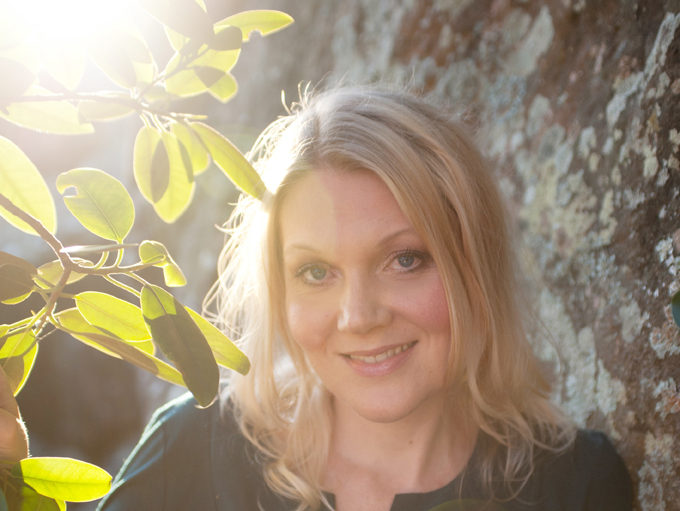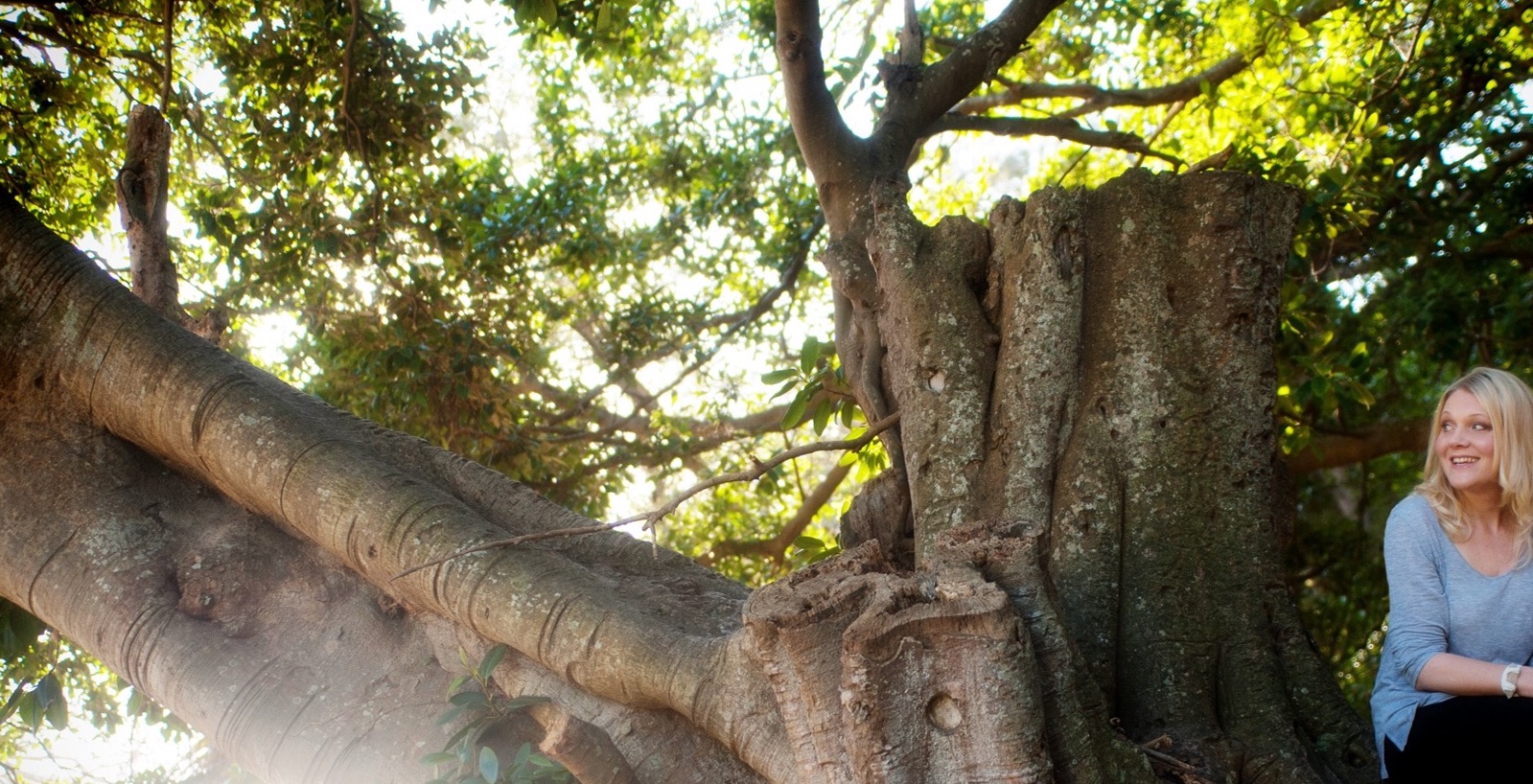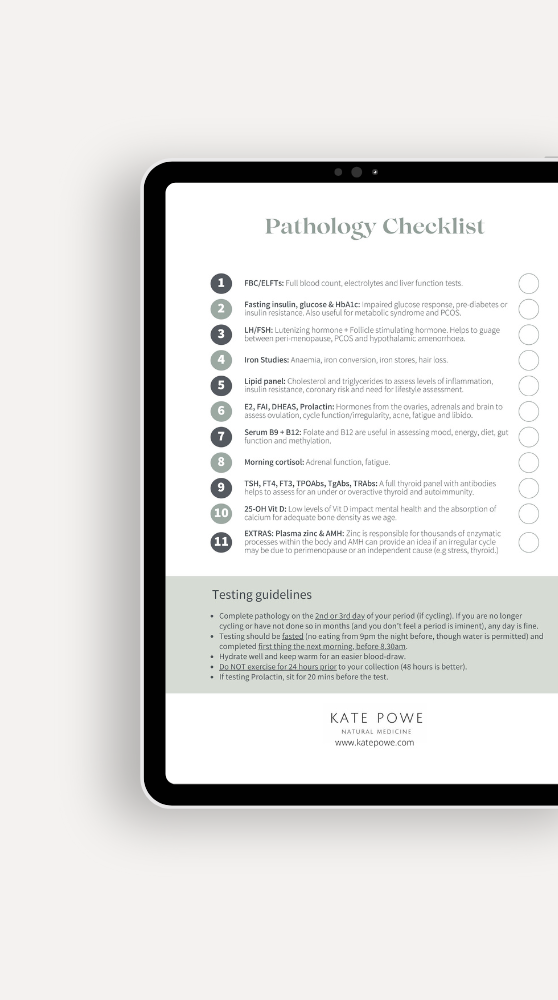If you missed Part 1 on the Bach Flower Essences’ creator Dr Edward Bach, click here!
Bach Flower Essences don’t treat the physical disease as such, rather the entire mental and emotional picture of the individual.
“Disease is a kind of consolidation of a mental attitude and it is only necessary to treat the mood of a patient and the disease will disappear.”3 This one sentence summarises a large portion of Dr Bach’s basic philosophy of treatment. Through observation of the individual’s mental and emotional state, each person could be ‘categorised’ into a particular behavioural or attitudinal group, determined by his or her moods or attitudes. In his model, Bach determined these archetypal behavioural or emotional states were what required attention, as opposed to the physical manifestation of disease, in the actual cure of the diseased state.1 And not only was it the attitude or behaviour of the individual that held the potential to cure disease, but it was the cause of the disease in the first place.1
Even today, this is a radical concept to the causation and treatment of disease, and one that is not widely upheld by orthodox medicine. Having said this, there has been ongoing research into the linking of emotions and disease with some fascinating results. One study was able to predict early cancer patients, based purely on emotional states indicating a “helplessness-prone personality”,4 with up to almost 75% accuracy.4
Still, the predominant philosophy in western orthodox medicine does not acknowledge the extent of the emotional makeup of the individual as the root cause of all disease, as Bach advocated.1 Where Bach would look at, and treat, only the emotional/mental/behavioural state of the individual, a GP today will generally focus on the presenting disease and prescribe purely on the physical symptoms. There is very little attention given to how the patient’s emotional state may be linked to disease causation.
Bach also deeply believed that healing should be “gentle, painless and benign.”5 Whilst he had dedicated his early medical life to the research of vaccines, the pain of needle injections egged him on to more refined cures.1 This urged him to find purely plant-based remedies (bar Rock Water) of a non-toxic nature.1 Clearly, this is very different to our orthodox model today, where nearly every drug prescribed carries a long list of potentially harmful side effects.
Bach also had a deep love and respect for each individual and believed the ability to heal the self should be achievable for each individual.1 He wanted to make medicine, and curing disease, simple and inexpensive for each individual and believed everyone should have the means to heal themselves.1 Thus, not only did he work on developing simple, easy to administer, nature-based remedies, but he himself often did not charge for his consultations, believing health and balance was the natural right of all human beings.1 This too is in marked contradiction to our medical model today, where 7 minute scheduled appointments can exceed $100 with very little personal empowerment bestowed upon the individual as core to the healing process.
In essence, Bach followed principles based on the following criteria: Man’s true identity is his soul, “a spark of the Almighty”;6 the personality’s purpose is to experience all that the soul has chosen to learn in this life and places itself in precisely the right environment to do so;6 that this life is but a momentary event in a longer cycle;6 if we follow our purpose and passion, we will find joy;6 and the belief in unity of all.6 Such an holistic, divine model of the nature of man was integral to his philosophy of treating disease and humanity and it is this gentle, respectful approach that seems all but lost in orthodox western medicine today.
Which essence are you?
Below lists a highly condensed ‘cheat sheet’ to help you determine what remedy or remedies may serve you. Remember, these are beautifully powerful medicines with a great deal more to their story than what is provided below so make sure you read up further or if stuck, check with a qualified practitioner before taking:
FEAR
1. Rock Rose: most extreme of fear remedies; panic; terror; hysteria
2. Mimulus: for known fears (e.g. stage fright; exams; crowds)
3. Cherry Plum: obsessive fears; delusions
4. Aspen: for unknown fears (e.g. apprehensions without knowing why)
5. Red Chestnut: over concern / anxiety for others
UNCERTAINTY
1. Cerato: weak-willed; unsure of own abilities / intuition; ask everyone’s advice; a follower
2. Scleranthus: can’t make up their minds but don’t seek advice of others; quiet; restless
3. Gentian: easily discouraged; lack faith; doubt
4. Gorse: despair; hopelessness; depression
5. Hornbeam: temporary low mood; fatigue; lack of interest
6. Wild Oat: career indecision
INSUFFICIENT INTEREST IN PRESENT CIRCUMSTANCES
1. Clematis: day-dreamers; absent-minded
2. Honeysuckle: nostalgia; homesickness
3. Wild Rose: resignation; apathy; lacks vitality
4. Olive: complete mental and physical exhaustion (think chronic fatigue)
5. White Chestnut: constant mental chatter / mental congestion
6. Mustard: depression that appears without warning
7. Chestnut Bud: repeat mistakes; clumsy; careless
LONELINESS
1. Water Violet: alone; aloof; self-reliant
2. Impatiens: impatient; critical; impulsive
3. Heather: self-centred; over-concern with their own problems
OVERSENSITIVE TO IDEAS & INFLUENCES
1. Agrimony: appears cheerful but hides worry behind a mask
2. Centaury: timid; quiet; anxious to please
3. Walnut: breaking with the old to make way for the new
4. Holly: anger; hate; jealousy; rage
DESPONDENCY & DESPAIR
1. Larch: lacks confidence; inferior
2. Pine: guilt; apologetic; overly-humble
3. Elm: highly capable but overwhelmed
4. Sweet Chestnut: anguish; despair; “dark night of the soul”
5. Star of Bethlehem: shock (from accidents, grief, birth, death etc)
6. Willow: resentful; bears grudges; sulks; no joy
7. Oak: responsible; duty-bound
8. Crab Apple: physical self-disgust; a cleansing remedy
OVERCARE FOR WELFARE OF OTHERS
1. Chicory: possessive; correcting; bossy; over-mothering
2. Vervain: forceful; fixed-opinions; forcing views onto others
3. Vine: ambitious; arrogant; bossy; lack sympathy
4. Beech: petty; critical; bothered by small matters
5. Rock Water: repressed; strict on self; rigid on their own actions (think food/diet/exercise fanatics)
REFERENCE LIST
1. Weeks N 2004, The medical discoveries of edward bach, physician: what the flowers do for the human body, Vermilion, London.
2. Philip Salmon P & Jeoffroy A, The bach flower research programme, Timeline 1880-1950, UK, Viewed 20 June 2010. http://www.edwardbach.org/Research/timeline.asp
3. Weeks N 2004, The medical discoveries of edward bach, physician: what the flowers do for the human body, p. 57.
4. Mate G 2003, When the body says no: the cost of hidden stress, Scribe Publications, Carlton North VIC, p. 99.
5. Weeks N 2004, The medical discoveries of edward bach, physician: what the flowers do for the human body, p. 17.
6. Bach E 2005, The essential writings of dr edward bach: the twelve healers & other remedies & heal thyself, Vermilion, London, pp. 44-45.
Kate is a qualified naturopath who is passionate about helping women heal from hormonal havoc and inspiring women to know their own power, worth and wisdom.
Kate offers one-on-one Skype consults for irregular cycles, PMS and period pain, endometriosis, PCOS, peri-menopause, mood swings, fatigue and mental and emotional stress.
Simply drop me an email to see how I can help you!








